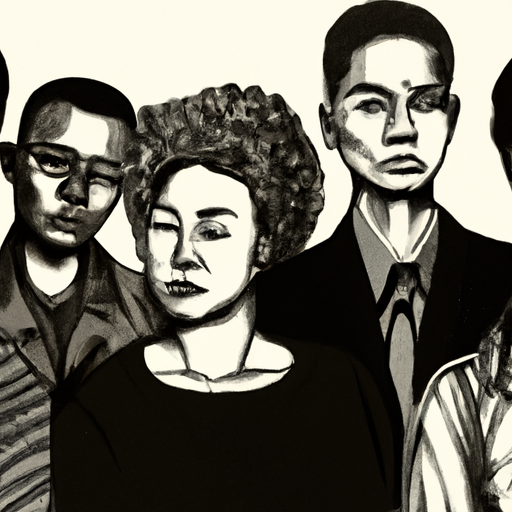The Unabating Opioid Crisis in Canada and Its Multidimensional Impact
The disquieting increase in opioid overdoses and related deaths in Canada has generated extensive debates in the public sphere, provoking engagement from readers across the globe. This Fort Frances Times article reveals earnest exchanges between citizens trying to uncover the roots of this burgeoning crisis. It is clear that opioid misuse is more than just a public health crisis; it’s a social issue that requires a multipronged approach.
The Deep-seated Impacts of the Opioid Crisis
A ripple effect has spread across communities due to the unrelenting reach of the opioid crisis, causing social and economic upheaval. Some of the effects noted include:
- Increasing rates of crime and homelessness
- Deteriorating community morale and safety
- Strained healthcare and law enforcement resources
- Rising costs to taxpayers
Examining the Origins of the Crisis
The origins of the opioid crisis prove to be multifaceted, with several readers pointing blame towards healthcare institutions and custodians of pharmaceutical firms. The over-prescription of opioids is identified as a key player in escalating this crisis, with one reader commenting on the “irresponsibility of doctors and pharmaceutical companies.” This suggests that solutions should tackle not only the rampant misuse of opioids, but also the systemic factors contributing to these circumstances.
Opioid Class Action: A Step Towards Redress?
As a way of countering the impacts of opioid crisis, a class action lawsuit has been initiated against opioid manufacturers and distributors. Participants in the lawsuit seek to hold these pharmaceutical companies accountable for their role in this public health calamity, arguing that the companies were misleading in their marketing of opioids.
This Ontario-based opioid class action, noted in the piece, represents a brand of collective resistance against the forces that contributed to this crisis. It shows the determination of victims and advocates to secure justice and bring about systemic change.
Efforts on the Ground: Naloxone Programs and More
On the frontlines of this crisis, the administration of Naloxone – an opioid antagonist that can reverse the effects of an overdose – has become a life-saving intervention. Local governments, as well as healthcare providers, are making efforts to distribute Naloxone kits widely and to educate people on how to use them.
While Naloxone is a critical tool in reversing overdoses, it is a reactive measure. To truly stem the tide of the opioid crisis, proactive measures, such as better access to treatment and support services, improved prescribing practices, and comprehensive drug education, need to be implemented.
The Way Forward?
The proposed solutions from various readers represent a range of perspectives and highlight the complexity of the crisis. The solutions include punitive measures, like stricter law enforcement and incarceration for drug offenses, but also suggestions for systemic interventions in the form of better mental health support, education reform, and social programs aimed at prevention.
Conclusion
The opioid crisis in Canada has revealed a systemic problem in society. Its impact, reverberating across various spheres, from healthcare to crime rates and homelessness, call for comprehensive, multi-sectoral responses. While programs such as Naloxone distribution and legal endeavors like the opioid class action offer some respite, they remain pieces of a much larger puzzle.
The sheer complexity of the issue necessitates the engagement of not just health professionals and law enforcement, but also educators, policymakers, and community leaders. Only through nuanced understanding and collaborative effort, can a robust, enduring solution be found to curb both the symptoms and roots of this crisis.
In essence, we must remember that the opioid crisis is not just a medical or legal issue; it is intrinsically a human issue, demanding compassion, understanding, and collective responsibility.
Key Takeaways:
- The Canadian opioid crisis has far-reaching effects, increasing crime rates and homelessness, while straining healthcare and law enforcement resources.
- The opioid class action lawsuit represents a form of resistance against the forces contributing to the crisis, aiming to hold pharmaceutical companies accountable.
- Emergency measures, such as Naloxone distribution, help to manage life-threatening overdoses, but a proactive, comprehensive approach is needed to tackle the origins of the crisis.
- Collective responsibility and collaboration from multiple sectors, from health to education and law enforcement, are integral to finding lasting solutions to the crisis.
